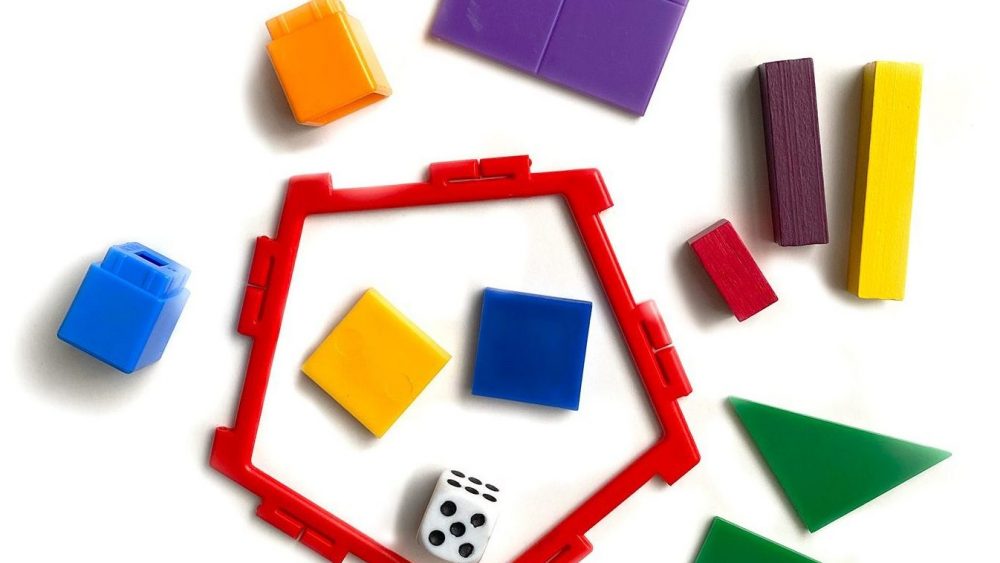New Lessons, Videos and Resources in 2021
This year, The Robertson Program has enhanced its online offerings. With more than 30 new lessons in our online library, several new videos, and a series of blogs exploring topics important to educators, we’re revisiting some of the ideas on our site created to engage students in new ways to learn math and science.
30+ New Lessons
A longstanding partnership with the Master of Arts in Child Study and Education (MA-CSE) program at OISE has led to the creation of more than 30 lessons in our math lesson library. Each semester, second year teacher candidates create innovative math activities as part of their math class with Professor Zack Hawes. This year, a selection of these lessons have been added to Robertson’s math lesson library. Many of the new activities are for primary/junior students, focusing on all strands of math.
Talking Tetris
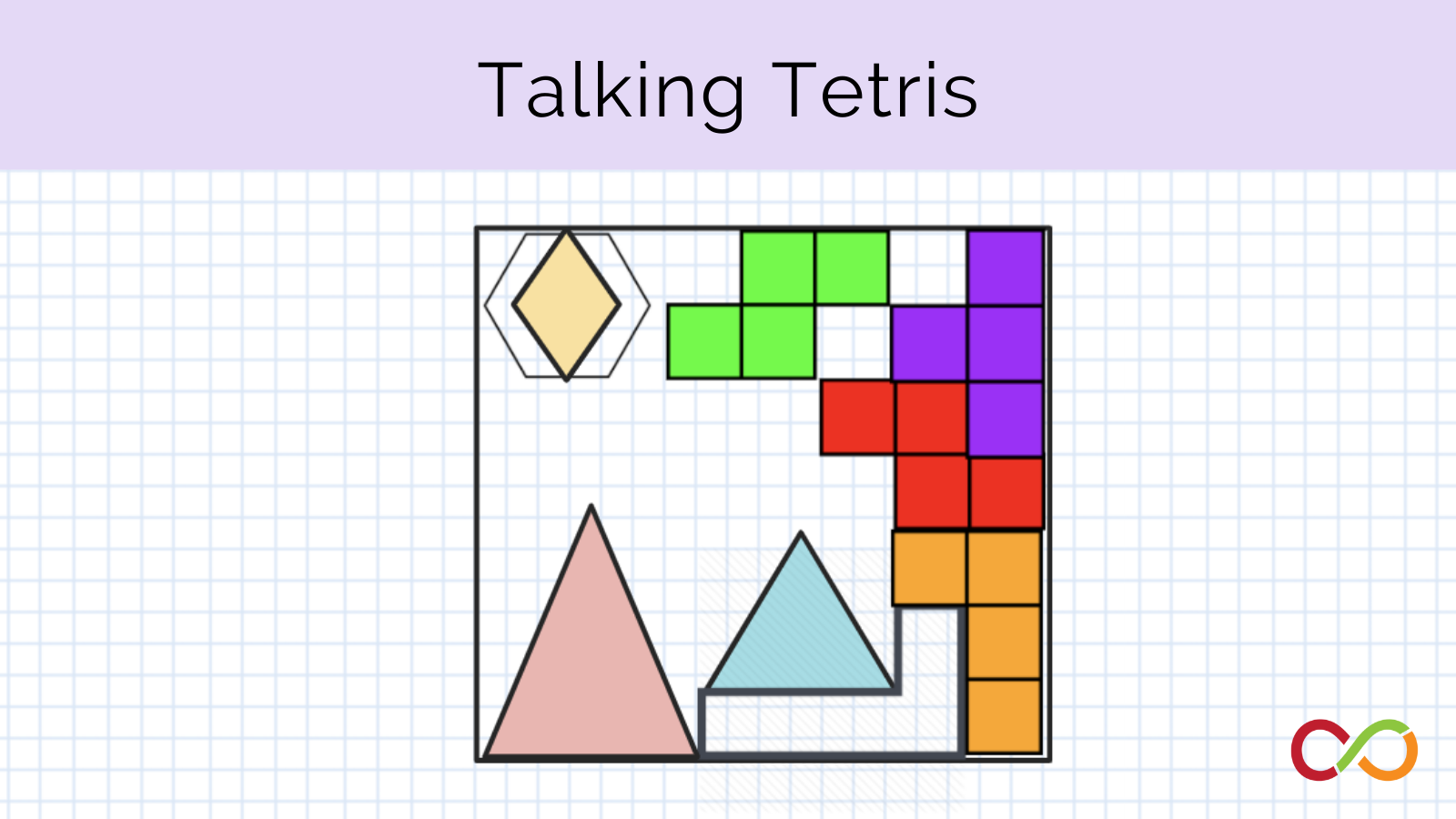
Math Code
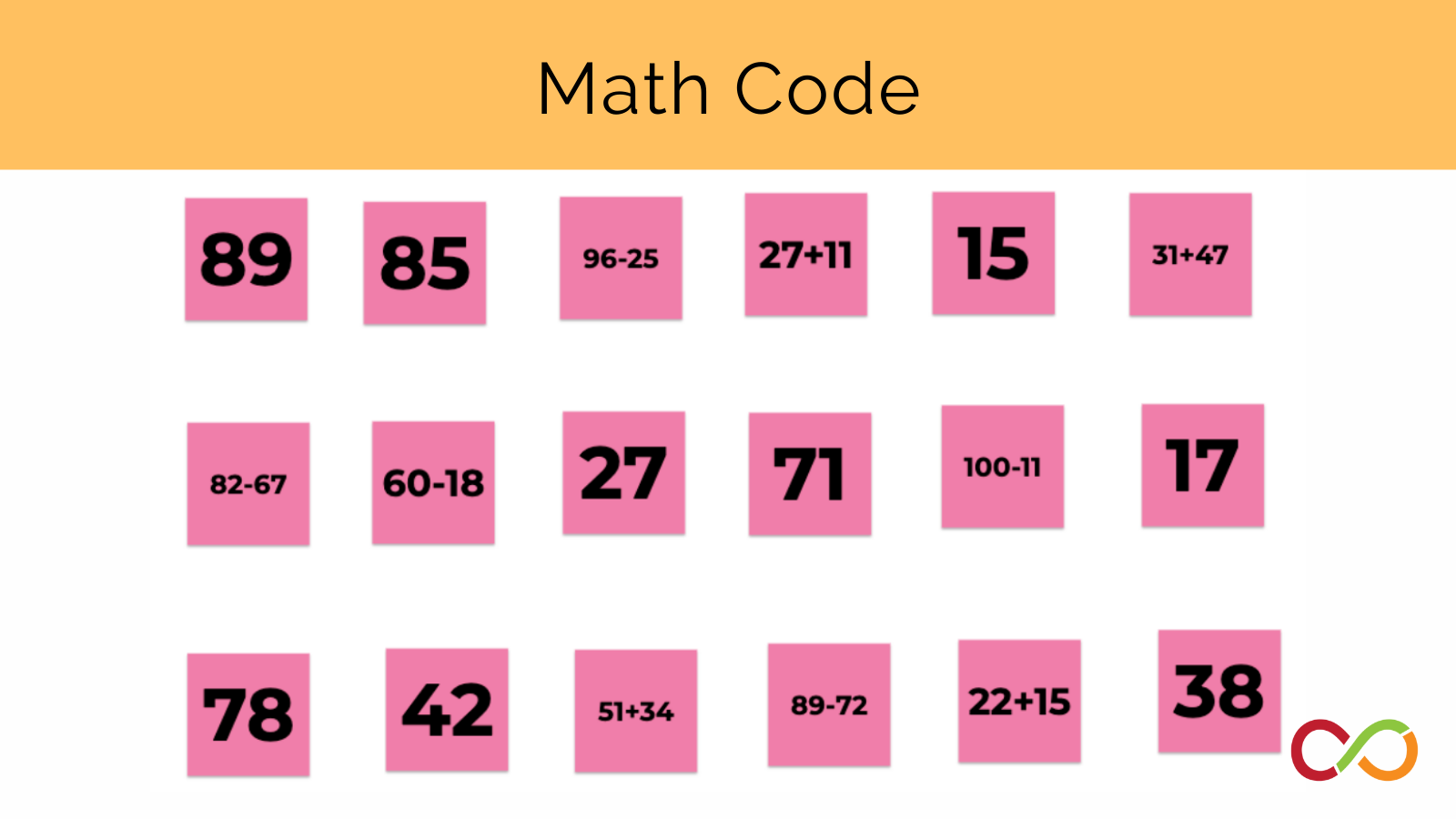
Block Party
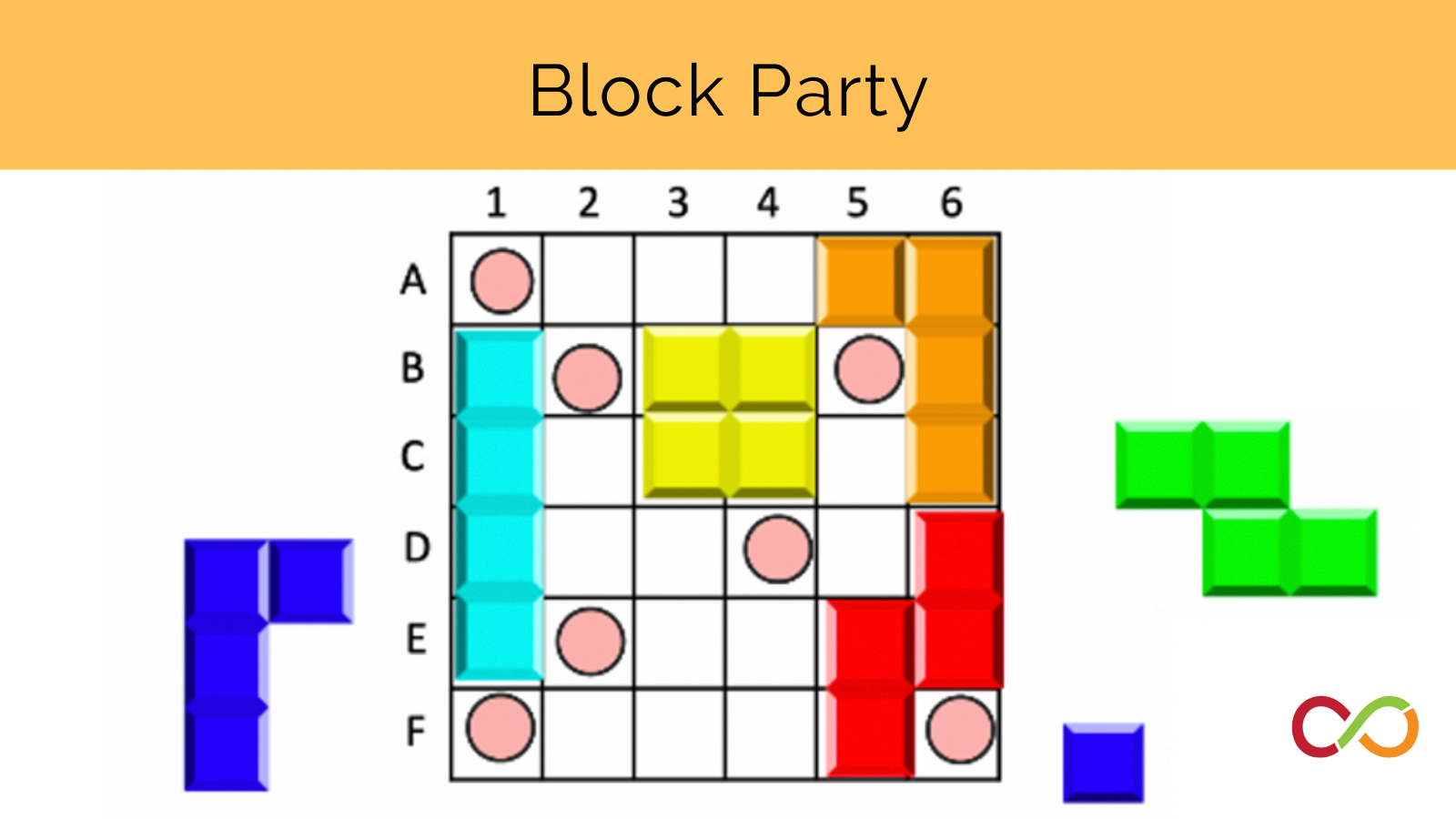
Fraction Bump
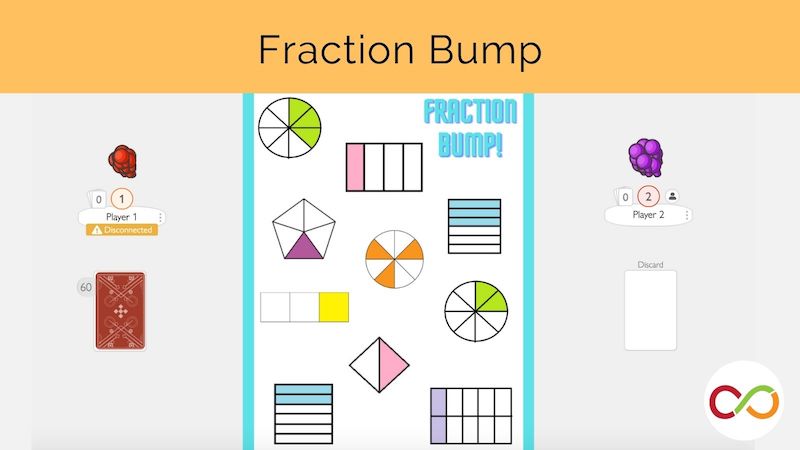
New Webinars
This year, we launched our Indigenous Ways of Knowing in Math and Science webinar series in partnership with Kikinoo’amaadawin, an ongoing webinar project between Dr. Jean-Paul Restoule and Dr. Angela Nardozi. The series features work being done by Indigenous and non-Indigenous educators who are authentically, genuinely and accurately integrating Indigenous Ways of Knowing in their math and science classrooms.
Our webinar videos remain on YouTube and on our website for free to view at any time!
We thank all of the educators who shared their work as part of our webinar series in 2021.
Approaching Math Through Story
The Robertson Program introduced a series of read-aloud videos that support mathematical learning.
In a blog added to our blog last year, Dr. Julie Comay describes how storytelling can be an effective way to introduce mathematical concepts to young learners. Six of our work study students have created videos reading these stories so that they can inspired math learning wherever an educator is based.
Time and Rice: Part 1
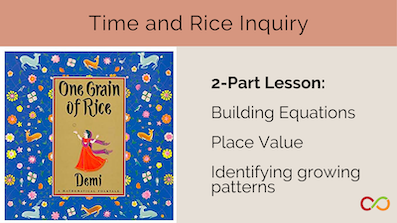
Time and Rice: Part 2

Planting Magic Seeds
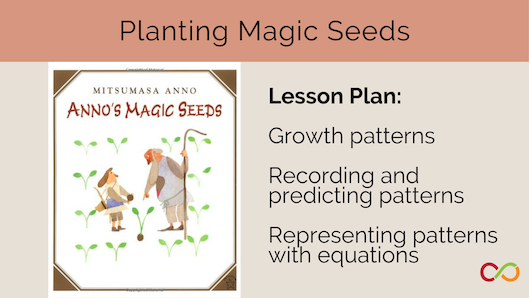
Continuing our exploration of outdoor spaces being used to approach math and science learning, we visited two outdoor classrooms in urban an setting: The outdoor kindergarten classroom at Equinox Alternative School and the courtyard classroom at The Dr. Eric Jackman Institute of Child Study, both located in Toronto, Ontario.
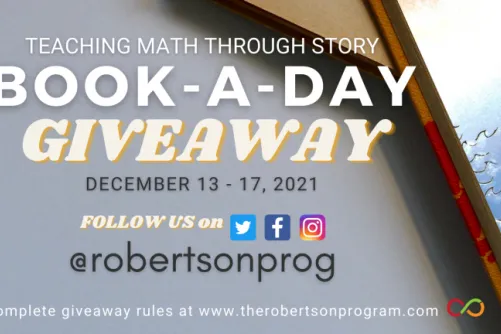
Follow us on our social media platforms for a chance to win our Book-a-day Giveaway!
Sign up for our eNewsletter for an additional chance to win!
Online Playful Math
Now in its second year, Online Playful Math (OPM) connects educators and students in real-time online, providing a platform to develop mathematics skills in an interactive, playful way.
Using a combination of Zoom and an online card playing platform, OPM allows educators to observe students and respond to their mathematical needs in an online environment. Most importantly, it provides opportunity for spontaneous math learning that emerges as a result of game play.
In fact, many of the games developed for OPM are available for use by anyone. Feel free to explore the online activities on our OPM page.
Solitaire Pyramid
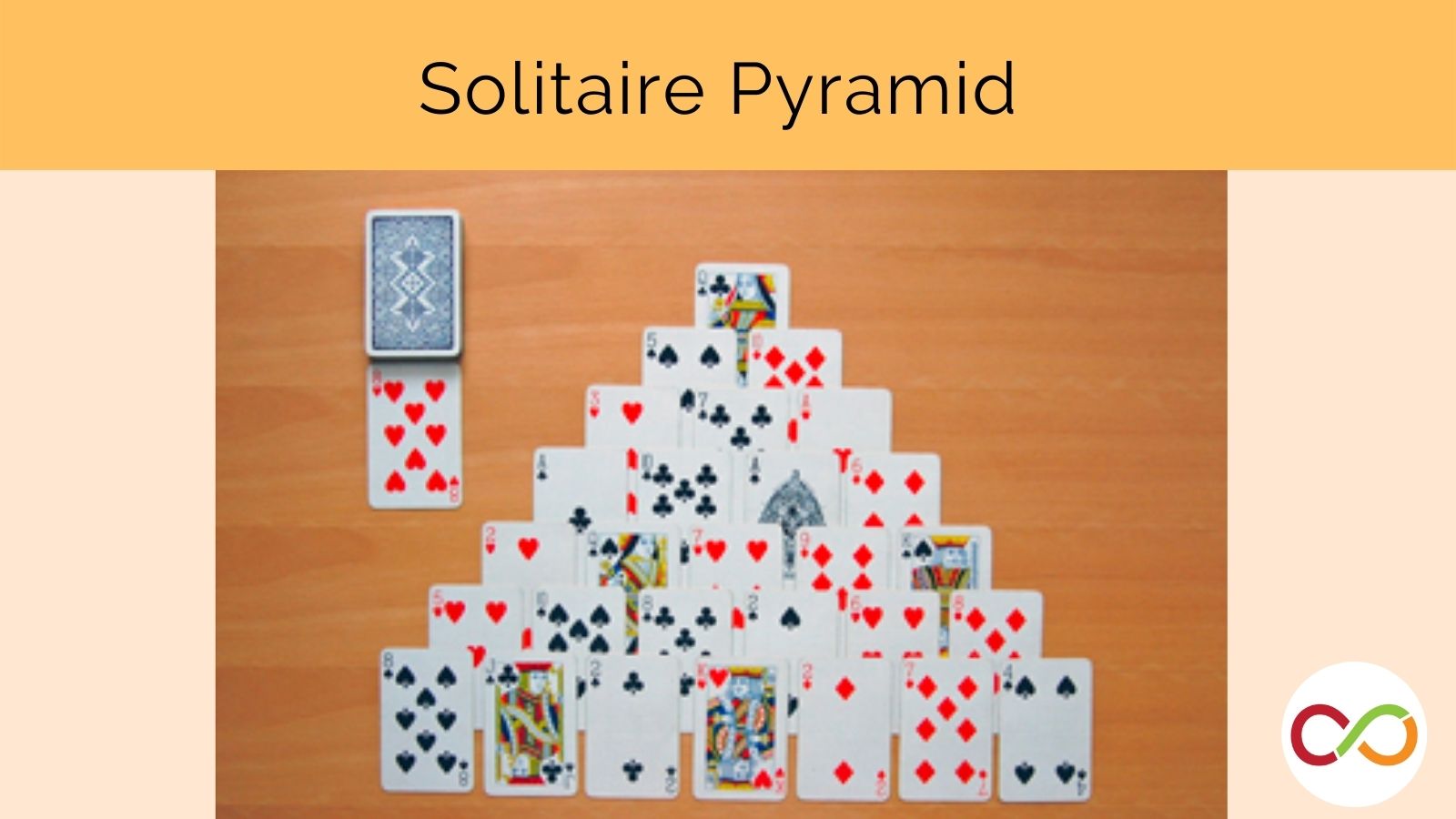
99

Golf

Blogs
The Robertson blog looks at themes that are important to educators. Our principal contributor, Dr. Julie Comay, is an educator with years of classroom and research experience. Other contributors include teacher candidates and practicing teachers.
Math Manipulatives: How do they aid student learning?
How do they aid student learning? With insight from practicing teachers, Dr. Julie Comay explores how math manipulatives — both physical and virtual — may help and hinder mathematical development .
